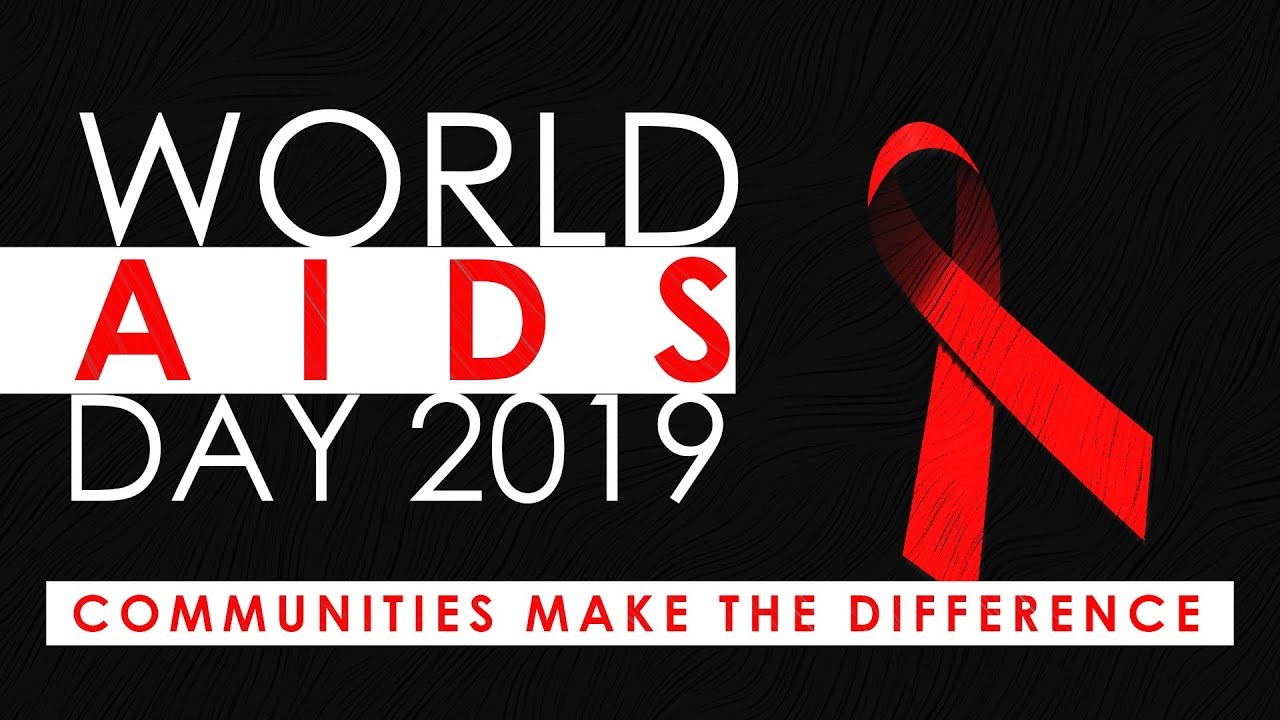
The theme of this year’s World AIDS Day is “Communities make the difference”.
1 December 2019 is an important opportunity to recognize the essential role that communities have played and continue to play in the AIDS response at the international, national and local levels.
How can a Community Contribute?
A community is a group of people living in the same place or having a characteristic in common. According to 2018 statistics there were approximately 37.9 million people across the globe with HIV/AIDS. Of these, 36.2 million were adults and 1.7 million were children (<15 years old).
According to UNAIDS Executive Director Winnie Byanyima “Greater mobilization of communities is urgently required to address the barriers that stop communities delivering services, including restrictions on registration and an absence of social contracting modalities. The strong advocacy role played by communities is needed more than ever to ensure that AIDS remains on the political agenda, that human rights are respected, and that decision-makers and implementers are held accountable.”
She further adds “Without communities led by women living with and affected by HIV, we would not be close to ending new HIV infections among children, raising orphans and caring for the sick.”
Community responses to HIV include:
- Advocacy and participation of civil society in decision-making, monitoring and reporting on progress made in delivering HIV responses.
- Direct participation in service delivery, including HIV-related health services, prevention, sexual and reproductive health and human rights-services.
- Participatory community-based research.
- Community financing.
UNAIDS Support for AIDS
the integration of community responses into national plans through:
- Facilitating the meaningful participation of civil society in national and international processes to ensure that policies and services are responsive to community needs.
- Providing technical guidance to Member States and partners on planning. At the same time resourcing community responses through domestic and international resources.
- Documenting and disseminating good policy and practice of community responses.
- UNAIDS upholds the principle of the greater involvement of people living with HIV (the GIPA principle) and commits to support the meaningful engagement of all communities vulnerable to HIV.
- Community responses to HIV are essential to ending the AIDS epidemic.
Communities make the difference all over the world.
